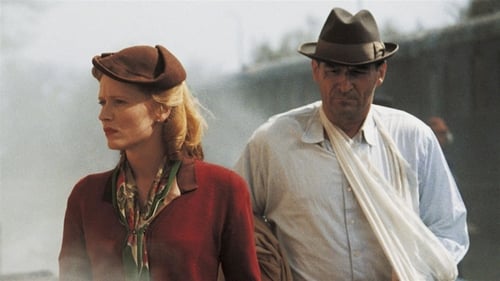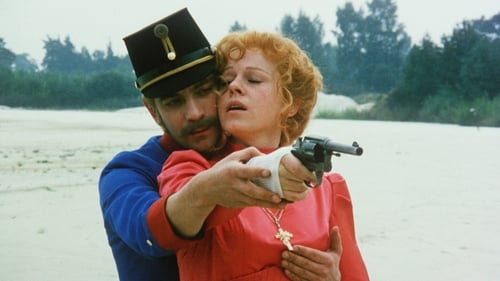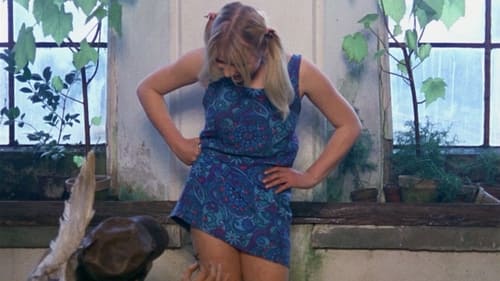Lubor Dohnal
Birth : 1938-05-27, Prague, Czechoslovakia [now Czech Republic]

Dramaturgy

The documentary tribute to the solitary director Elo Havetta (1938-1975), the author of only two feature films (Celebration in the Botanical Garden and Wild Lilies), which belong to the peaks of Slovak cinema. In their time, they brought playfulness and spontaneity, which the authors of the documentary follow up with a happening in which they search for his legacy on the way to the director's grave.

Script Editor
A nurse and her surgeon-lover are part of a resistance movement in 1940s Czechoslovakia. When they are discovered, her lover flees and she must find a place to hide. A patient whose life she saved, a man from a remote mountain village where time stopped 150 years ago, agrees to hide her as his wife.

Writer
The ex-gymnast and survival artist Emil falls in love with the prostitute Lissy. Through her he meets some criminals whom he can help thanks to his gymnastic skills. But on his rise in the criminal hierarchy, Lissy might fall by the wayside.

Writer
The Distant Land (German: Das weite Land) is a 1987 Austrian-German drama film directed by Luc Bondy. It was screened in the Un Certain Regard section at the 1987 Cannes Film Festival. Based on a play by Arthur Schnitzler, which is generally referred to in English as The Vast Domain and was also adapted by Tom Stoppard as Undiscovered Country.

Writer

Writer

Screenplay
In 1900, Stepha, the vivacious 30 year old daughter of a wealthy couple, agrees to marry her cousin Paul, who has accumulated large debts as an Austrian army officer. Paul refuses to work or to consummate the marriage, and then his health steadily declines.

Screenplay

Screenplay
One of the lead characters is Maria, an inn keeper; always a bride but never a wife. She meets the newcomer Pierre, who disturbs the peace of the small village and teaches the locals how to enjoy life. The film is full of fireworks of lovely colours, and a warm feeling. It is like a carousel of humour and human situations that carry us away, from the very first frame to the unexpected ending, making the viewer laugh gaily. Using a mosaic approach to the traditional narrative line, the film director creates a picture of fairly anarchic glee. “Celebration in the Botanical Garden” is a world of fantasy, full of summer fun, good humour and delight. E. Havetta´s debut was inspired by naïve art, French impressionism, and silent slap-stick as well as Western Slovakian folk traditions.

Screenplay
Juraj, a Slovak artist living in Prague, takes stock in his life, realizing that his days pass without purpose. He lives a carefree life. But now he has to choose between two women, between the city and the country, and between creative work and craftsmanship. He has a passion for art but he also has to make a living. Through his relationships with close people, he grows aware of his position and this knowledge helps him to live a more fulfilling and better life.

A tram pasted with posters travels through Prague. The mounted loudspeakers invite passers-by to a series of concerts of Giuseppe Verdi's masterpieces. On the tram a party of young people is getting drunk.

Screenplay
A tram pasted with posters travels through Prague. The mounted loudspeakers invite passers-by to a series of concerts of Giuseppe Verdi's masterpieces. On the tram a party of young people is getting drunk.

Story
A tram pasted with posters travels through Prague. The mounted loudspeakers invite passers-by to a series of concerts of Giuseppe Verdi's masterpieces. On the tram a party of young people is getting drunk.








